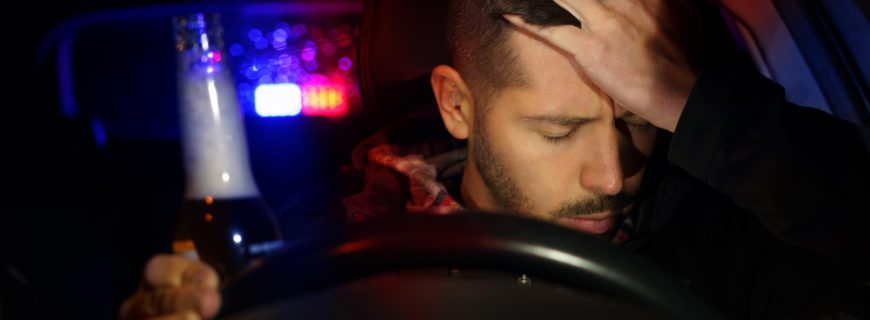
DWI Defense Strategies That Could Make or Break Your Case
Driving While Intoxicated (DWI) charges can have severe consequences, including hefty fines, license suspension, and even imprisonment. If you’ve been charged with a DWI offense, your choice of defense strategy could mean the difference between a favorable outcome and a devastating conviction. In this article, we’ll explore various DWI defense strategies that could potentially make or break your case.
Introduction to DWI Defense
Understanding the intricacies of DWI charges is crucial for mounting an effective defense. DWI charges are serious offenses that occur when a driver operates a vehicle while impaired by alcohol or drugs. The penalties for DWI convictions vary depending on factors such as blood alcohol concentration (BAC), prior offenses, and whether any accidents or injuries occurred.
The Role of Legal Representation
Hiring a competent DWI defense attorney is perhaps the most important decision you’ll make when facing DWI charges. A skilled attorney with experience in DWI defense will be well-versed in the intricacies of DUI laws and familiar with effective defense strategies. Legal representation can significantly increase your chances of a favorable outcome by navigating complex legal procedures and advocating for your rights.
Common DWI Defense Strategies
- Challenging the Traffic Stop: One common defense strategy involves challenging the legality of the traffic stop that led to the DWI arrest. If law enforcement officers lacked probable cause or reasonable suspicion to initiate the stop, any evidence obtained thereafter may be deemed inadmissible in court.
- Questioning Field Sobriety Tests: Field sobriety tests are subjective and prone to human error. Defense attorneys often question the accuracy and reliability of these tests, highlighting factors such as environmental conditions, physical limitations, and officer bias.
- Attacking Breathalyzer Results: Breathalyzer tests are commonly used to measure BAC levels, but they are not infallible. Defense attorneys may challenge the calibration or maintenance of the breathalyzer device, as well as the qualifications of the administering officer.
- Disputing Blood Test Accuracy: Blood tests are considered more accurate than breath tests, but they are not immune to errors. Defense strategies may involve challenging the chain of custody, laboratory procedures, or the reliability of blood test results.
- Contesting Officer’s Observations: Police officers’ observations and testimony play a crucial role in DWI cases. Defense attorneys may scrutinize the officer’s credibility, potential biases, and adherence to proper protocol during the arrest and investigation.
Building a Strong Defense Case
To build a robust defense case, it’s essential to gather evidence, interview witnesses, and enlist the expertise of relevant professionals. Expert testimony from forensic toxicologists, accident reconstruction specialists, or medical professionals can provide valuable insights and support alternative explanations for the events leading to the DWI arrest.
Negotiating with Prosecution
In some cases, negotiating with the prosecution may lead to a favorable resolution without going to trial. Defense attorneys can engage in plea bargaining to reduce charges or explore diversion programs for first-time offenders. Effective negotiation skills and a thorough understanding of DWI laws are essential for securing favorable plea deals.
Preparing for Trial
For cases that proceed to trial, thorough preparation is essential. Defense attorneys often conduct mock trials to anticipate prosecution strategies and refine their defense arguments. Jury selection and persuasive opening statements can set the stage for a successful defense in court.
Importance of Professional Conduct
Throughout the legal process, maintaining professionalism and adhering to ethical standards are paramount. Professional conduct in court enhances the credibility of defense arguments and fosters trust with judges and jurors. Respectful interaction with all parties involved demonstrates integrity and commitment to upholding justice.
Case Studies: Successful Defense Strategies
Examining real-life case studies can illustrate the effectiveness of various defense strategies in DWI cases. Successful outcomes achieved through meticulous preparation, strategic advocacy, and innovative defense approaches serve as valuable lessons for future legal proceedings.
Conclusion
Mounting an effective defense against DWI charges requires careful planning, strategic thinking, and skilled advocacy. By employing proven defense strategies, leveraging legal expertise, and maintaining professionalism, individuals facing DWI charges can increase their chances of a favorable outcome. Remember, the choice of defense strategy could make or break your case.
